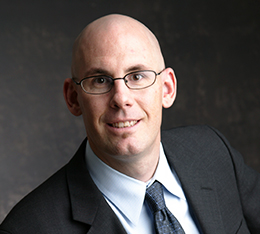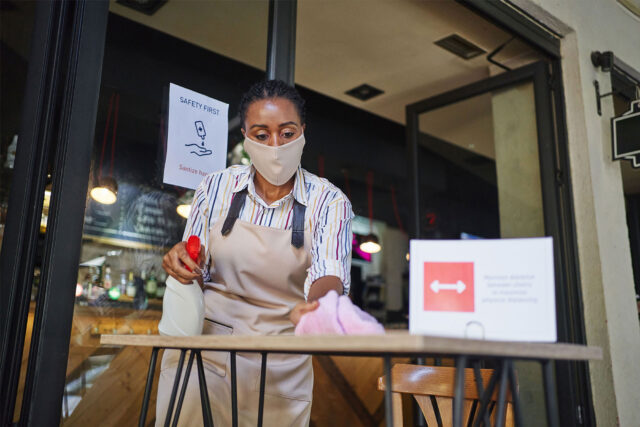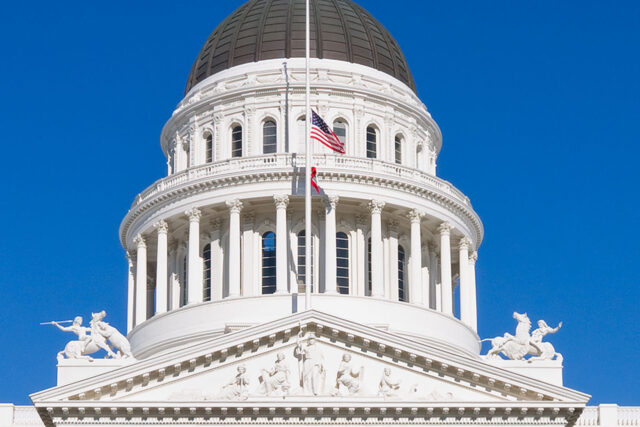Income inequality has been a growing problem in California for several decades that has worsened because of the pandemic. Most Californians now see two Californias—one for the rich and one for the poor—and beyond recognizing this situation, most want action. Emerging from the pandemic, the state and federal governments have both enacted policy options—ranging from universal preschool to child tax credits—that could address income inequality.
In the May PPIC Statewide Survey, Californians widely expressed a bipartisan belief that the gap between rich and poor is getting larger, and most also think the state government should be doing more to reduce it. In fact, about two in three Californians—including majorities across regions and demographic groups—said the state should do more. Notably, far fewer Republicans (34%) than independents (56%) or Democrats (83%) support state action to reduce income inequality.
And while there is broad consensus that the state has a role to play, differences emerge across subgroups. African Americans (86%), Asian Americans (77%), and Latinos (76%) far more often than whites (51%) hold the belief that the state should do more. Women (73%) are much more likely than men (56%) to support state action, while support declines with increasing age and income.
As California attempts to address income inequality, it’s clear that many people across the state think the government needs to get even more involved. Policymakers will need to find common ground as they consider what constitutes an equitable recovery—and what the state should do about it.




